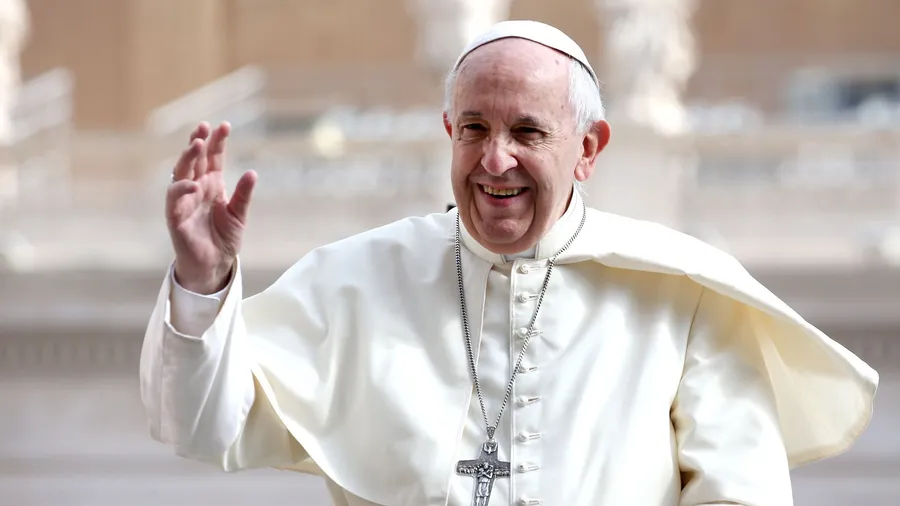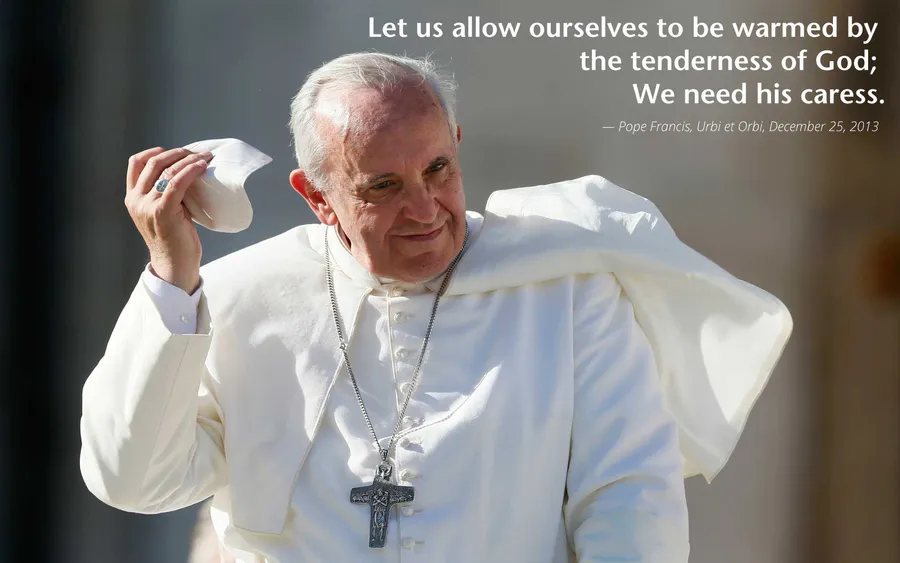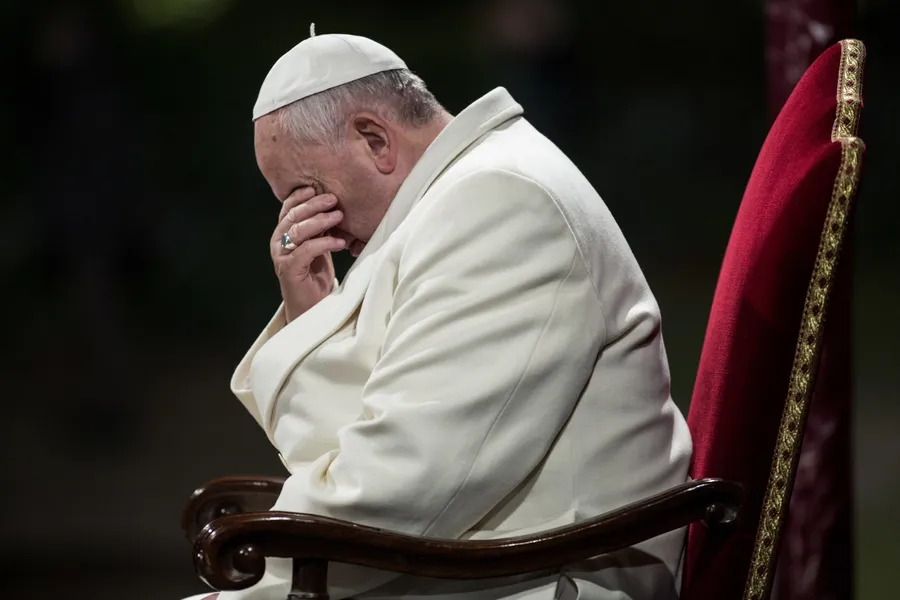How did Pope Francis’ polarizing legacy affect his relationship with American Catholics?
When Jorge Mario Bergoglio became Pope Francis in 2013, the world watched with curiosity. Would this humble man from Argentina change the Catholic Church?
Over his 12-year papacy, he became one of the most admired and criticized popes in history. His actions and words sparked love from some and anger from others.
Let’s explore why Pope Francis’ legacy is so divisive.
The Story Behind Pope Francis’ Polarizing Legacy

A Voice for the Marginalized
Pope Francis won hearts with his focus on the poor and forgotten. He chose to live simply, avoiding the luxurious papal apartments for a modest guesthouse.
He drove a small car and often spoke about helping refugees, the homeless, and those hurt by poverty.
His famous words, “Who am I to judge?” about gay people, showed a kinder tone than past popes.
He also pushed for action on climate change, writing a major document called Laudato Si’ to protect the environment.
Many people, especially outside the Church, saw him as a breath of fresh air. They admired his call for mercy and inclusion.
For example, he washed the feet of Muslim refugees and ate lunch with prisoners, including those who were gay or transgender.
These actions made him a global symbol of compassion, earning praise from Catholics and non-Catholics alike.
His approval rating among American Catholics once reached 90%, showing his broad appeal.
Clashing with Tradition

However, not everyone cheered for Pope Francis. His changes upset many conservative Catholics who value the Church’s traditions.
He suggested that divorced and remarried Catholics could receive communion, a practice forbidden by Church rules.
This idea, hidden in a footnote of his 2016 document Amoris Laetitia, caused a major uproar. Some Catholics, including clergy, called it a betrayal of Church teachings.
Francis also allowed blessings for same-sex couples, though he stressed it wasn’t approval of their relationships.
This move led to a letter from over 100 Catholic leaders asking him to take it back, claiming it went against scripture.
Conservatives felt he was too soft on issues like homosexuality and abortion, accusing him of sounding like a progressive politician. Some even said he was leading the Church toward a split.
His criticism of American Catholics didn’t help. In 2023, he called some U.S. Catholics “backward-looking” for rejecting modern Church changes.
This made many feel he didn’t understand or like them, especially those who followed strict Church teachings.
A Pastor, Not a Politician

Pope Francis saw himself as a pastor, not a politician. He wanted the Church to be a “field hospital” for those in need, not a strict rulebook.
But his casual style, like speaking off-the-cuff or taking selfies, made some think he wasn’t serious enough for the papal role. Others loved this human side, seeing it as proof of his humility.
His handling of the clergy abuse crisis also drew mixed reactions.
While he spoke strongly about protecting victims, some survivors felt he didn’t do enough to punish guilty priests or enforce strict rules worldwide. This criticism hurt his image, even among his supporters.
Pope Francis’ legacy is a story of balance. He tried to make the Church more welcoming while keeping its core beliefs.
His love for the poor and bold reforms won millions of fans, but his challenges to tradition created fierce enemies.
Whether you see him as a hero or a threat, his impact on the Church and the world is undeniable.
